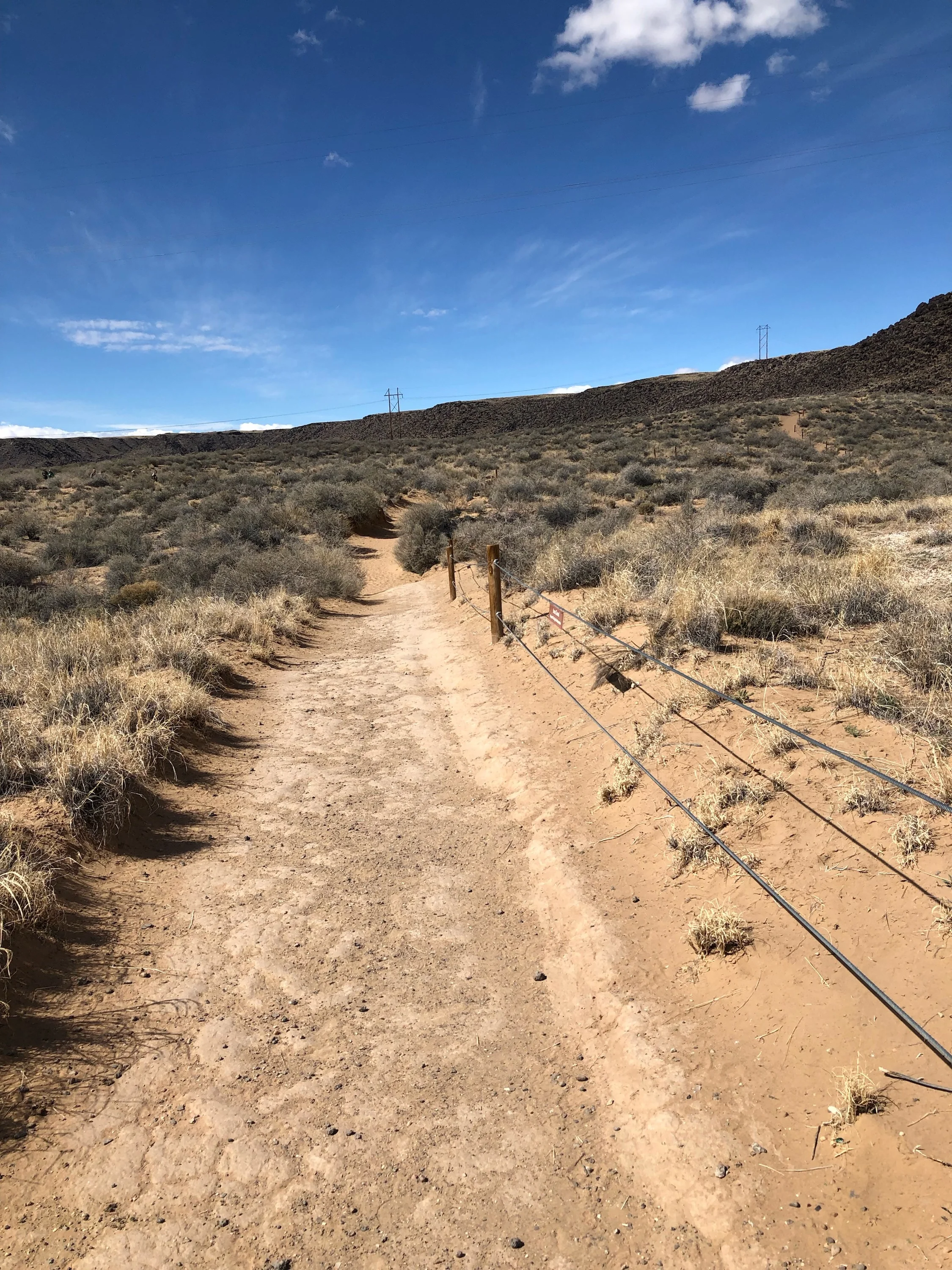The Real Fears of Traveling with Mental Illness
It’s been just over two weeks since we moved out of our near-3000-square-foot home and into a 250-square-foot bus, and I’m as sick as a dog. But I don’t have a cold, or any other physical ailment. I have a flare up of my generalized anxiety disorder.
The first week on the bus was, quite frankly, a blur. I kept telling myself “When you get past your first event, you can slow down and think about it all.” So, after the event, I did start thinking and feeling.
First, the exhaustion of selling and moving our entire home, commencing the homeschooling of our tweens, and starting a new project while keeping a full-time job came.
Then, the anxiety of being on the road, adjusting to our new and limited surroundings shook me into our new reality—and then the panic attacks struck.
Oh, it’s not lost on me that, while my family is on the road advocating for mental health awareness, inside the bus, I am struggling with my own anxiety. I knew this would happen. It’s inevitable actually.
Why the anxiety?
Traveling for someone with mental illness brings with it real obstacles. If one gets ill with a physical illness, one can take themselves to the local doctors or urgent care. You can find them everywhere. But if you are traveling with mental illness, where do you go?
Those of us struggling with mental health deal with many barriers against getting the help we deserve, e.g., cost, finding a doctor who actually specializes in mental illness (yes, those struggling with physical illness can experience, too.) But, for those of us with mental illness, even when we do find the help we need, that is not as readily available as those with physical illness, we also deal with the shame that comes along with needing the help in the first place.
Why don’t we have urgent care for mental illness in every city as we have for physical diseases?
Why don’t we have gyms for mental wellness?
And why oh, why do we not speak so openly and so supportive about mental illness as we do say cancer and diabetes?
Over 21 % of adults (42.5 million) in the USA struggle with anxiety and will benefit from seeking help, so why are we not providing it or yelling support for recovery from the roof tops with messages such as
“There is help!”
“You are not alone!”
“You deserve good care!”
“There is a solution!”
“We’ve got your back!”
This is the reason why my family will continue to travel the USA in 2019 to inspire new language and attitudes in the way we view, treat and talk to those struggling with mental health and addiction.
The truth is, there is help, it’s just not as talked about as help for physical illnesses. And you (and me) are not alone no matter where we are.
For resources, go to our help page here.
For treatment of mood and anxiety covered by major insurance, consider giving our friends and Wide Wonder sponsor, Eating Recovery Center call: 877-881-6979

